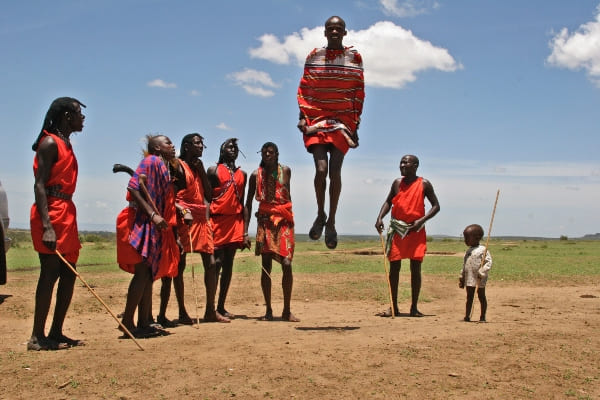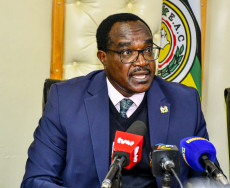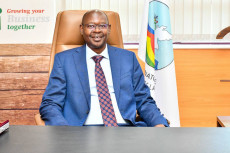- Linguists estimate that a language dies every two weeks, and many of these languages are spoken by only small communities. This loss is not only a loss of words but of cultural diversity, knowledge systems, and unique worldviews. When a language is lost, so too is an essential part of human heritage.
Language is more than just a means of communication. It is the heart of culture, identity, and personal connection. The importance of knowing and understanding your mother language cannot be overstated. It is the foundation upon which individuals build their understanding of the world and their place within it. In a globalized world where people speak different languages, the value of one’s native language remains paramount.
A mother language is often the first language we learn and the one in which we express our deepest thoughts and emotions. It is intricately tied to our cultural heritage, holding within it the traditions, values, and history of our people.
By speaking our mother tongue, we maintain a link to our ancestral roots and ensure the preservation of unique cultural practices and narratives. Language is the vessel through which folklore, stories, and wisdom are passed down from generation to generation, and losing one’s language can be seen as losing a piece of one’s identity.In many societies, the mother language is a cornerstone of identity.
It shapes the way people think, perceive the world, and interact with others. It carries the emotions and nuances that reflect the values of a community, allowing individuals to express themselves in a way that may be difficult in a foreign language. The connection between language and culture is deeply personal, as it offers a sense of belonging and continuity that transcends borders and generations.
Knowing your mother language is also crucial for cognitive development. It provides a strong base for acquiring other languages and skills. When people are fluent in their native language, they possess a better understanding of grammar, syntax, and linguistic structures, making it easier to learn additional languages.
Read More
The cognitive processes involved in switching between languages especially in multilingual societies—enhance mental flexibility and problem-solving skills. The ability to express oneself fluently in one’s native tongue also fosters clearer thinking, effective communication, and emotional well-being.
Research has shown that multilingual individuals tend to have improved memory, attention span, and creativity. The early acquisition of one’s mother language helps establish neural pathways that support intellectual growth and the understanding of abstract concepts. The emotional connection to one’s mother tongue can also have a positive impact on mental health, as it allows individuals to process and articulate their feelings in the language that feels most natural to them.
The global landscape is becoming increasingly diverse, with languages disappearing at an alarming rate. Linguists estimate that a language dies every two weeks, and many of these languages are spoken by only small communities. This loss is not only a loss of words but of cultural diversity, knowledge systems, and unique worldviews. When a language is lost, so too is an essential part of human heritage.
By valuing and preserving one’s mother language, individuals contribute to the preservation of linguistic diversity. This is crucial for maintaining the richness of human communication and fostering respect for different cultures and ways of life. Multilingual societies that embrace and celebrate their linguistic diversity foster mutual understanding, tolerance, and cooperation.
While speaking multiple languages is undeniably valuable in today’s interconnected world, knowing your mother language provides a sense of grounding. It allows individuals to navigate the complexities of global culture while maintaining a solid sense of self.
In a world where people may feel alienated or disconnected due to language barriers, the ability to communicate in one’s native tongue offers a comforting link to the past and the ability to connect with others on a deep level. Learning and embracing one’s mother language fosters a sense of pride and confidence.
It encourages people to appreciate the diversity of the world around them while remaining anchored in their cultural identity. In a world that is becoming more multicultural and multilingual, knowing your mother language is not only a personal advantage but also an important contribution to global understanding.












